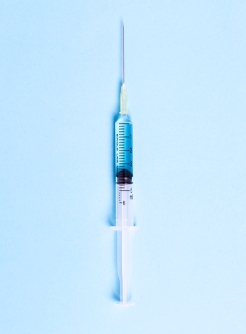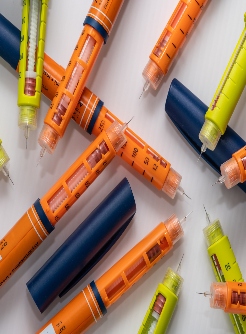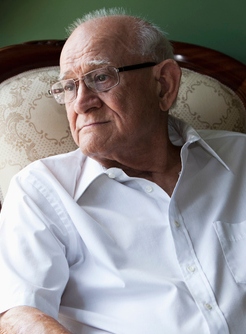Once-Weekly Insulin Efsitora Non-Inferior to Daily Degludec in HbA1c Reduction for T2D
By Dave Quaile, MD /alert Contributor
October 14, 2024
A study recently published in The New England Journal of Medicine found that once-weekly insulin efsitora alfa (efsitora) is noninferior to once-daily insulin degludec in lowering HbA1c levels in adults with type 2 diabetes who had not previously received insulin.
According to Carol Wysham, MD, from the MultiCare Rockwood Center for Diabetes and Endocrinology, Washington, the 52-week, open-label, treat-to-target trial suggests the reduction in injection burden with once-weekly administration may lead to better adherence and improved glycemic outcomes in individuals with type 2 diabetes.
“Daily insulin injection may be an additional burden for persons with type 2 diabetes,” the authors wrote. “Reduced injection frequency improved both adherence and glycemic control with once-weekly treatments, potentially leading to better outcomes.”
To explore the potential benefits of reduced injection frequency and adherence to treatment—addressing the common barriers of daily insulin therapy, such as injection burden and treatment complexity—Wysham and colleagues enrolled 928 participants randomly assigned in a 1:1 ratio to receive either efsitora or degludec.
The primary endpoint was the change in HbA1c levels from baseline to week 52, with secondary outcomes focusing on hypoglycemia, time in target glucose range, and adherence. Patients were stratified into subgroups according to their concurrent use of GLP-1 receptor agonists.
The researchers found that efsitora was noninferior to degludec in reducing HbA1c levels, with mean reductions of 1.26 percentage points for efsitora and 1.17 percentage points for degludec from baseline. The estimated treatment difference of -0.09 percentage points (95% CI, -0.22 to 0.04) demonstrated that efsitora met the predefined noninferiority margin. Importantly, this noninferiority was consistent across subgroups using and not using GLP-1 receptor agonists.
The percentage of time glucose levels remained within the target range was 64.3% among patients receiving efsitora and 61.2% for those on degludec, with an estimated treatment difference of 3.1 percentage points (95% CI, 0.1-6.1), according to the study results. While hypoglycemia rates were low in both groups, Wysham and colleagues noted a slightly higher rate of level 1 and 2 hypoglycemia with efsitora compared to degludec. Efsitora had no reports of severe hypoglycemia, while six episodes were reported with degludec.
Adherence to treatment was another key factor examined in this trial. Once-weekly administration of efsitora offers an advantage in terms of patient convenience, which could reduce barriers to initiating insulin therapy.
According to Wysham and colleagues, once weekly efsitora may provide a viable alternative to daily insulin injections, with comparable efficacy and safety, emphasizing the importance of simplifying insulin regimens to improve adherence and glycemic outcomes in clinical practice.
“A once-weekly insulin has the potential to simplify dose administration and diminish barriers to starting insulin therapy by means of a reduction in injection burden as compared with a once-daily insulin,” the researchers wrote. “Given the findings of this trial, efsitora presents an important option for patients and providers aiming to reduce the burden of insulin therapy while maintaining effective glycemic control.”
--
Disclosures: Some authors declared financial ties to drugmakers. See full study for details. This study was supported by Eli Lilly.
Photo Credit: Getty Images.




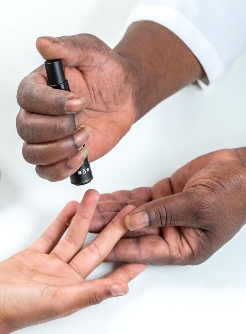



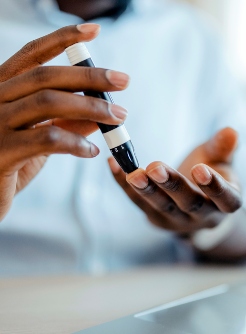

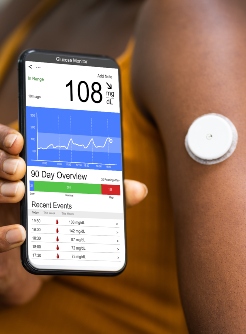








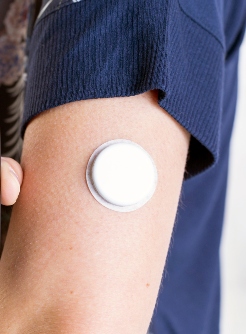
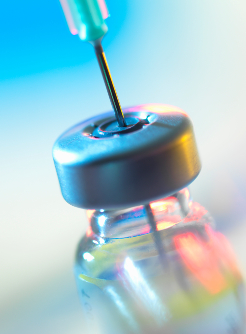

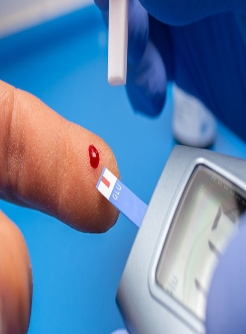



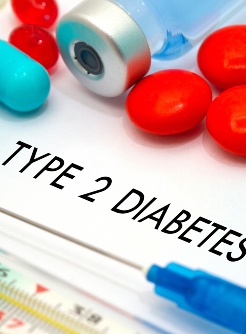



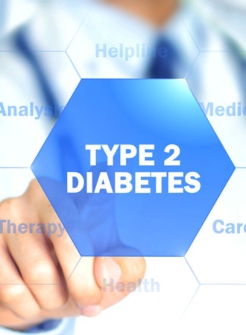
.jpg)
.jpg)

